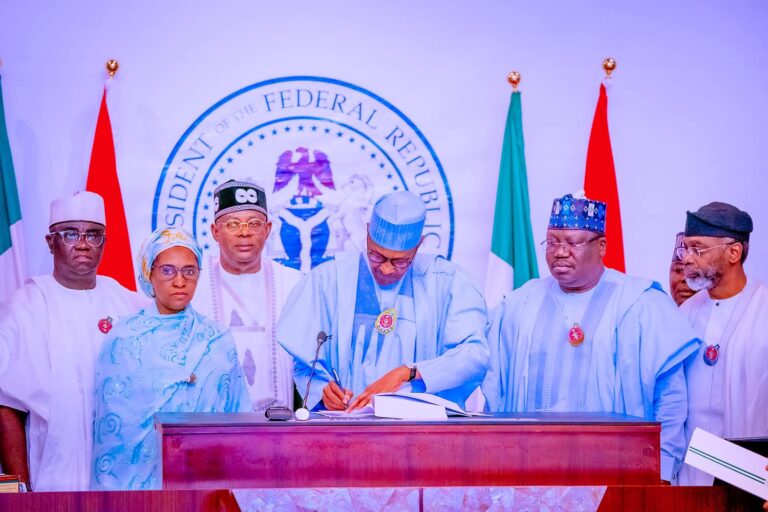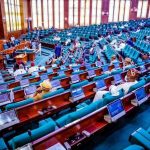Nigeria’s Organized Private Sector (OPSN) has called on the Federal Government to withdraw the proposed amendment to the Customs, Excise and Tariff Bill, warning that it could undermine President Bola Tinubu’s fiscal reform agenda and further fragment the country’s tax system. The OPSN, which includes major groups such as the Manufacturers Association of Nigeria, the National Association of Small and Medium Enterprises, and the Nigerian Association of Chambers of Commerce, Industry, Mines and Agriculture, urged the National Assembly to maintain current excise rates on non-alcoholic drinks.
In its submission during Thursday’s public hearing, the OPSN argued that the amendment contains significant legal, mathematical, and administrative inconsistencies. It stated that while the non-alcoholic drinks sector contributes to government revenue and public health goals, any tax policy must be holistic, context-appropriate, and harmonised with national industrial priorities to avoid unintended economic consequences.
The group warned that Nigeria’s excise framework is increasingly fragmented, with new levies introduced without coordinated evaluation of their effects on production, investment, backward integration, employment, exports, and inflation. According to the OPSN, a sharp increase in excise duties or the introduction of a new levy could drive up operating costs, reduce capacity utilisation, and increase retail prices at a time when households and small businesses are already under financial pressure. Such measures, it said, could even reduce Value Added Tax and Company Income Tax collections, placing further strain on Federation Account revenues.
Highlighting the significance of the non-alcoholic drinks sector, the OPSN noted that it supports 1.5 million jobs, drives backward integration under the Nigeria Sugar Master Plan II, and contributes 40 to 45 per cent of gross tax revenues. The sector, it added, already operates under thin margins and severe macroeconomic pressure. The proposed levy, the group warned, could weaken the beverage value chain, one of Nigeria’s largest contributors to non-oil revenue, and conflict directly with the government’s industrialisation and ease-of-doing-business objectives.
The OPSN also criticised the National Assembly for advancing the bill without proper coordination with key fiscal institutions, including the Ministry of Finance, the Presidential Fiscal Policy and Tax Reform Committee, and the Federation Account Allocation Committee. The group emphasised that predictable, simple, and non-disruptive tax policies are essential for economic stability and investor confidence.
Citing evidence from global and domestic experiences, the OPSN highlighted that steep or ambiguous Sugar-Sweetened Beverage (SSB) taxes in low-income economies often lead to job losses, contraction of MSMEs, revenue decline, growth in informal markets, and increased inequality, without clear public health benefits. The group stressed that the current proposal, which suggests a 20 per cent levy per litre of retail price, contains internal contradictions that make consistent implementation impossible.
While the OPSN remains open to dialogue with lawmakers, fiscal authorities, and civil society to refine the excise regime, it urged that any future changes prioritise investment, employment, and long-term revenue stability.
The debate over SSB taxation has gained traction among advocacy groups like Corporate Accountability and Public Participation Africa (CAPPA), which have proposed a dramatic hike in the SSB tax, from N10 to N130 per litre, as a public health measure to combat noncommunicable diseases. CAPPA maintains that a 1,200 per cent increase could reduce sugar consumption and associated health risks, though the OPSN warns that such steep taxes may destabilise the formal business sector.
The clash highlights the tension between public health objectives and economic stability, with Nigeria’s MSMEs positioned at the centre of the debate. How the government balances these interests could determine the resilience of the non-alcoholic beverage industry, the sustainability of tax revenues, and the protection of millions of jobs across the country.










